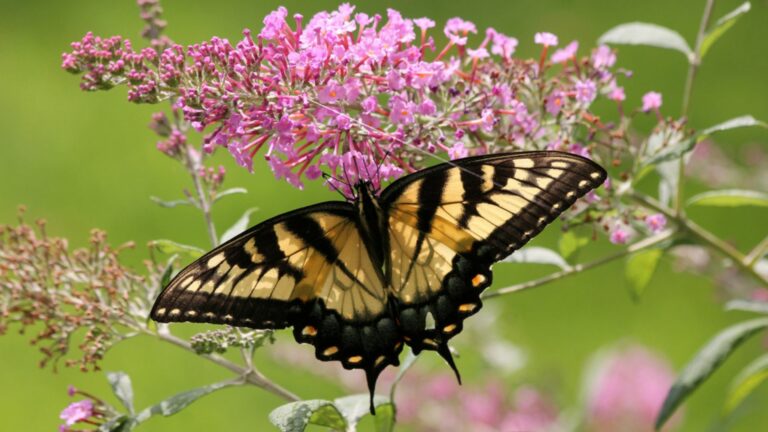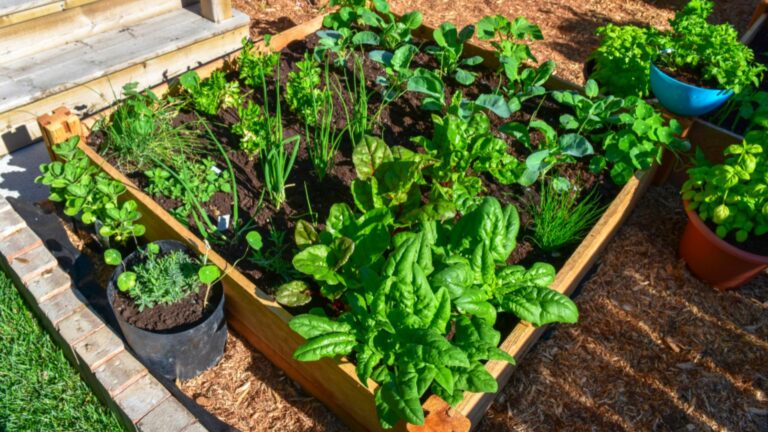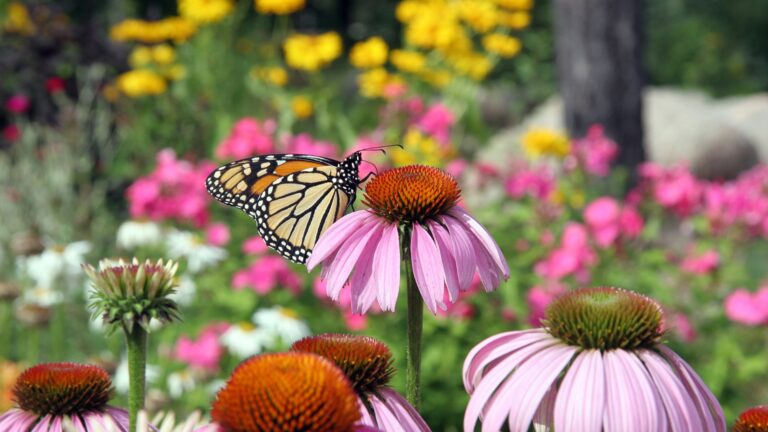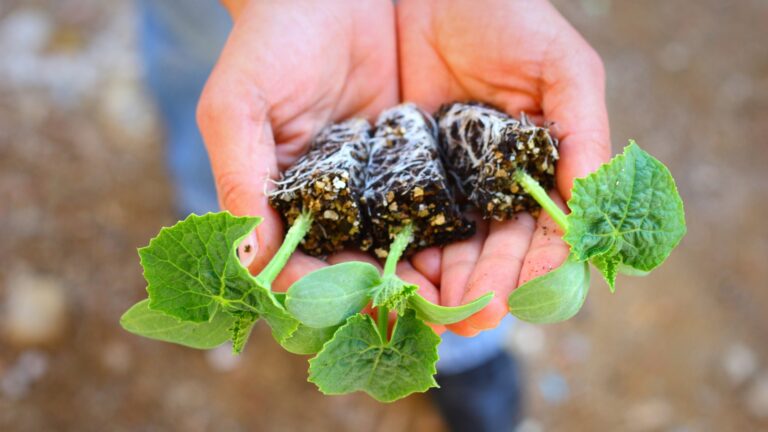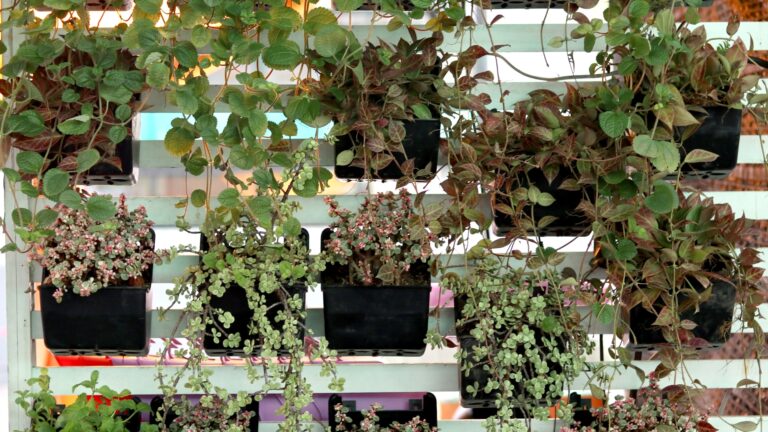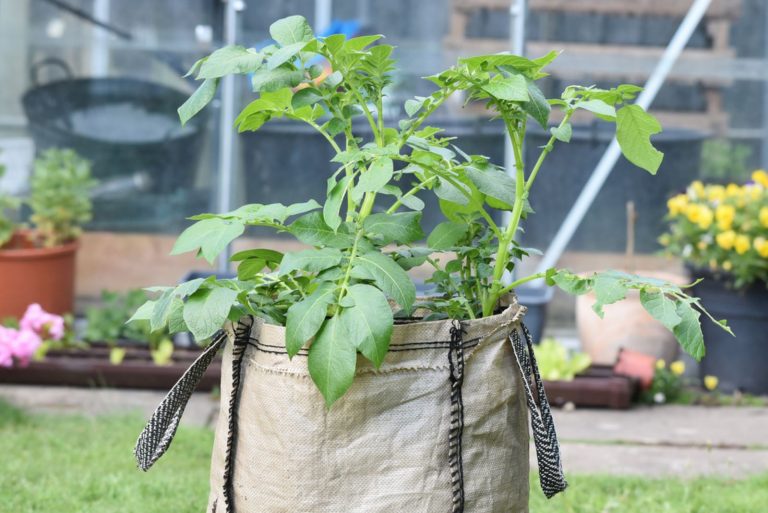15 Amazing Garden Spider Facts That Might Change Your Mind (And How They Help Your Garden)
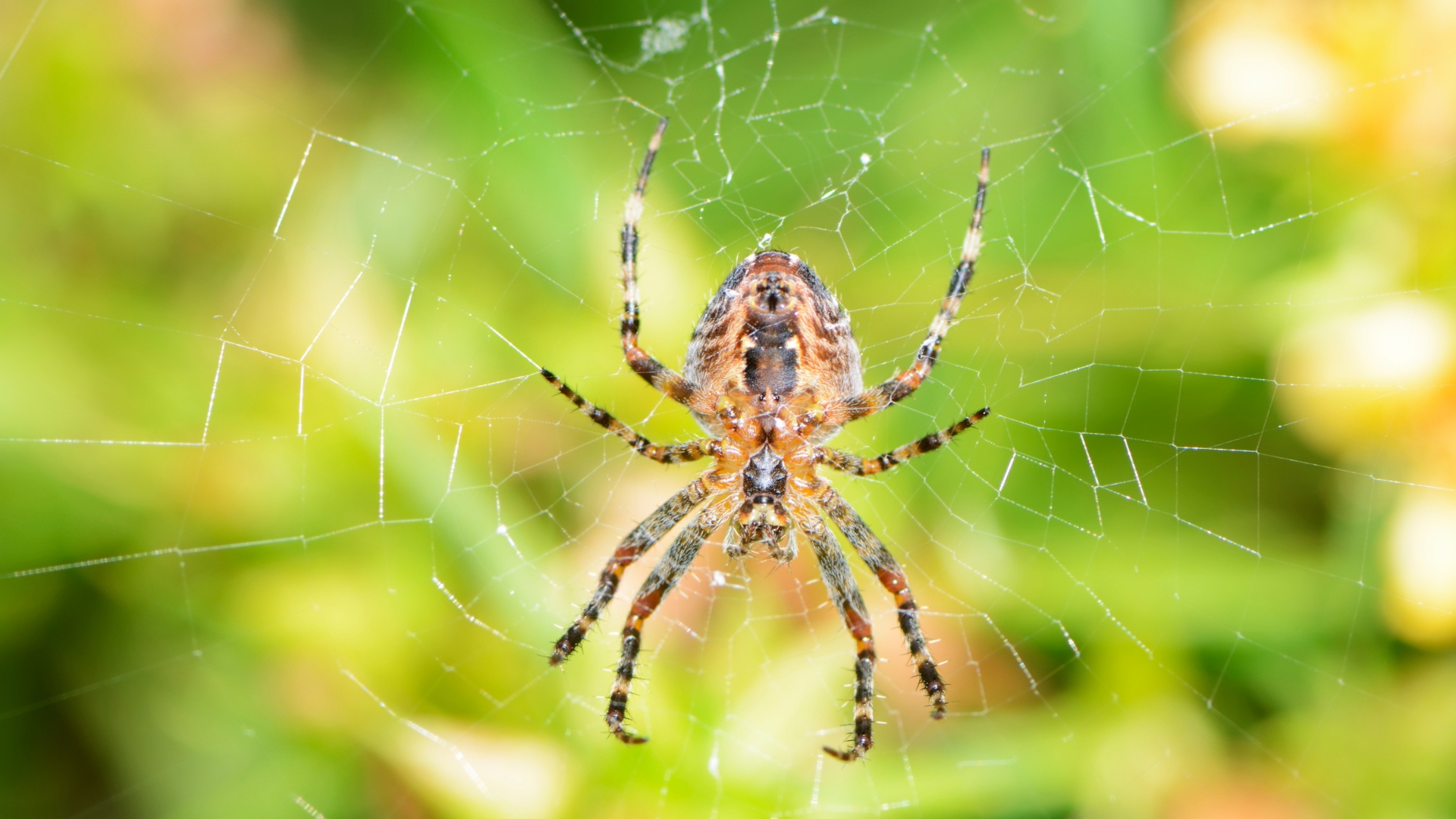
Spiders might not be everyone’s favorite garden guest, but they’ve got some pretty cool secrets. These little web weavers do way more good than you’d think—some of these facts even surprised me!
Once you learn what they’re really up to, you might see them in a whole new light. They’re like tiny garden helpers hiding in plain sight.
Stick around for a few jaw-droppers and a fresh reason to let them stay.
1. Natural Pest Controllers
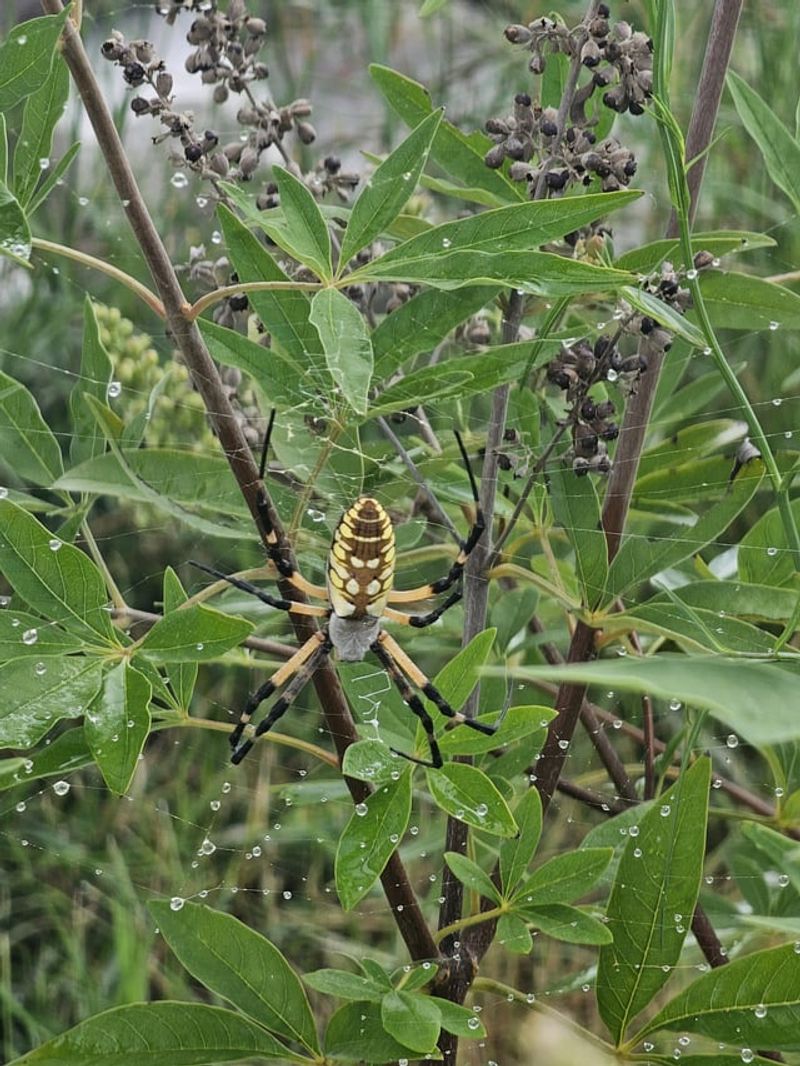
A single garden spider can consume up to 2,000 insects in one year. That’s free pest control working around the clock in your vegetable patch! No chemicals, no cost, just nature doing what it does best.
These eight-legged guardians target flies, mosquitoes, aphids, and other pests that damage your precious plants. By keeping these populations in check, spiders help maintain the delicate balance in your garden ecosystem.
2. Web-Spinning Engineers
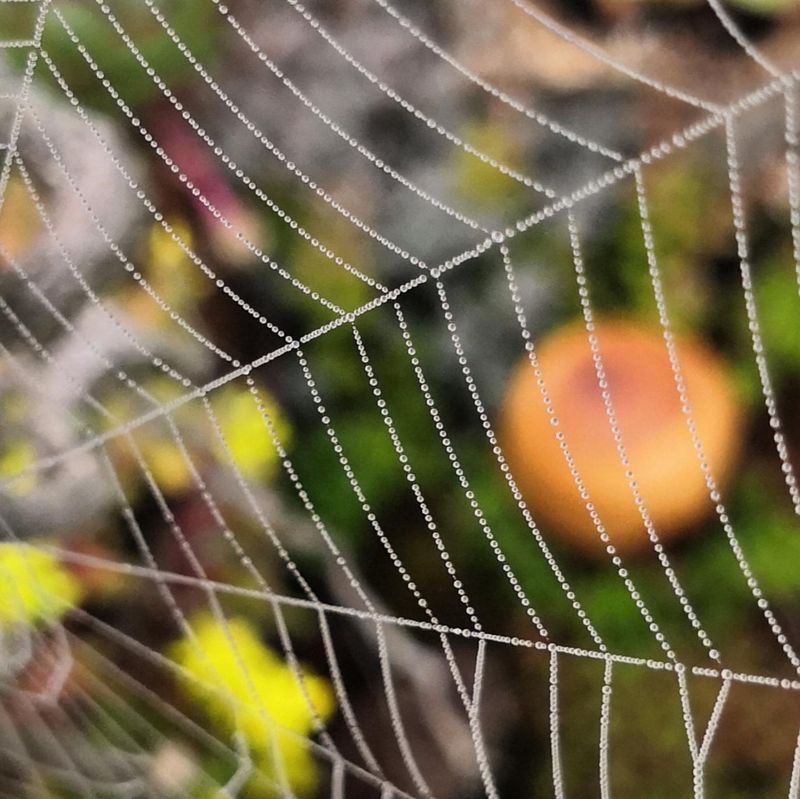
Spider silk is one of the strongest natural materials on Earth – pound for pound, it’s stronger than steel! Some garden spiders rebuild their intricate webs daily, showcasing remarkable patience and craftsmanship.
The design isn’t random either. Each species creates distinctive web patterns optimized for catching specific prey. These silken structures serve as natural insect traps that work 24/7, helping to protect your prized tomatoes and roses from hungry pests.
3. Excellent Vision Systems
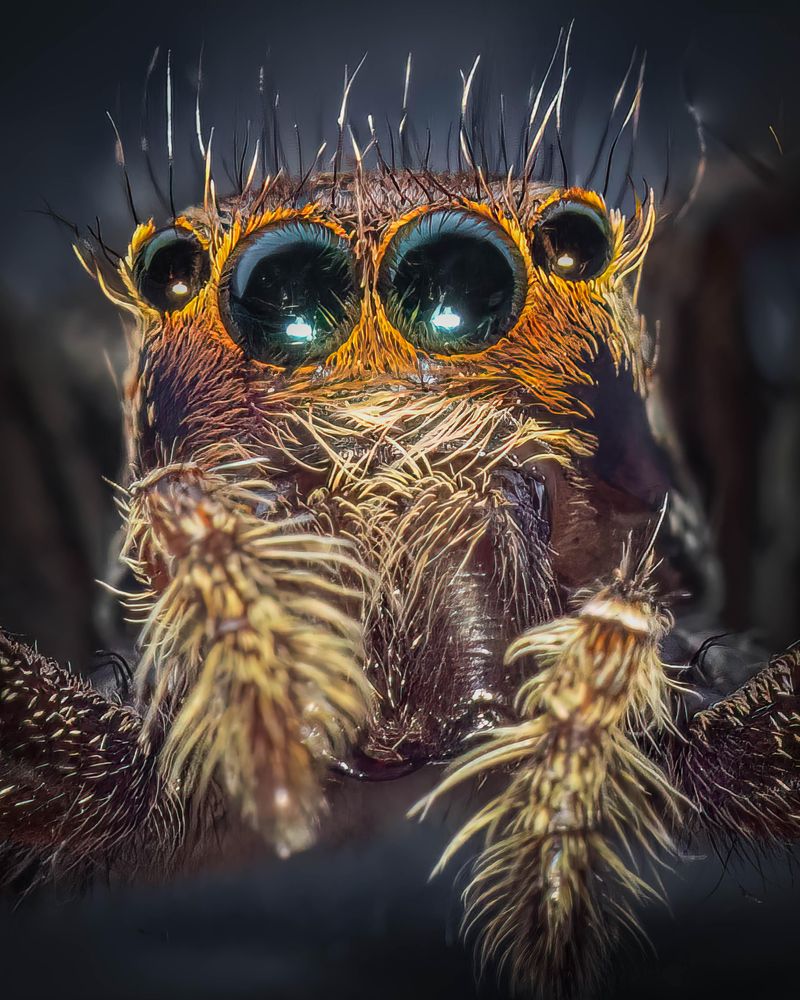
Contrary to popular belief, most garden spiders have excellent vision. Many species sport eight eyes arranged in patterns specific to their family, allowing them to detect the slightest movements of potential prey.
This remarkable vision helps them spot harmful garden pests from a distance. Some jumping spiders can see in color and have vision comparable to cats! Their exceptional eyesight makes them efficient hunters that keep your garden naturally pest-free.
4. Vegetable Garden Guardians
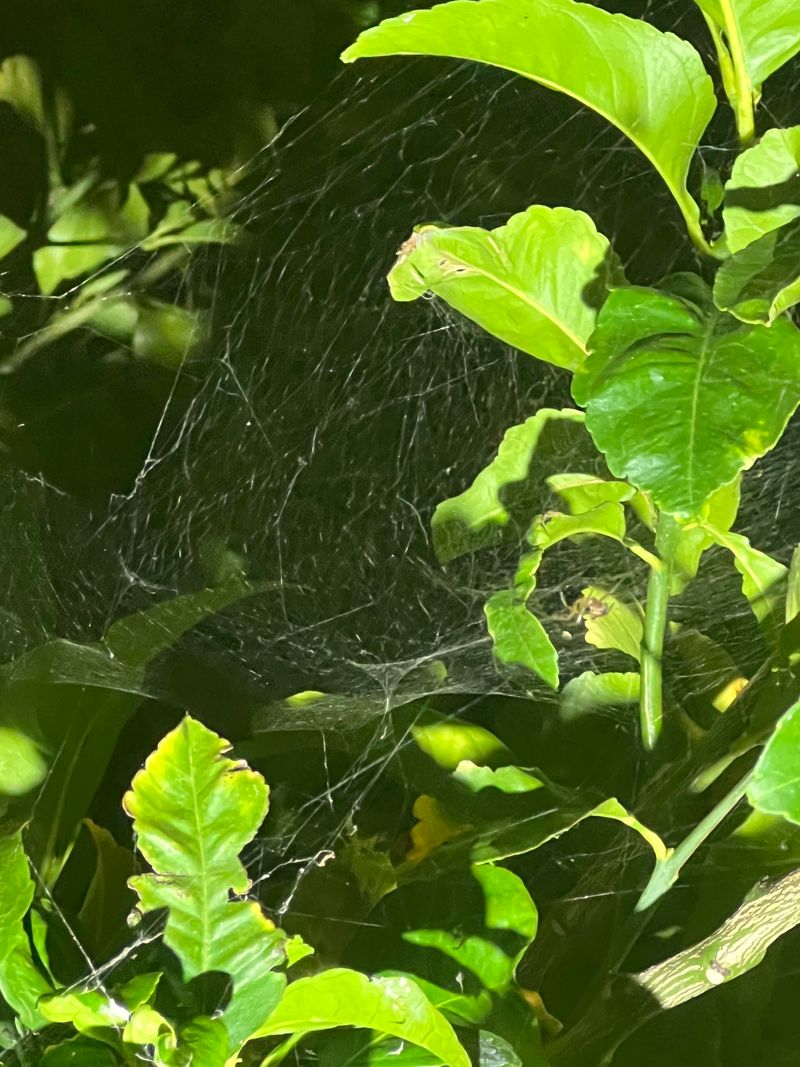
Garden spiders show particular fondness for vegetable gardens, where insect pests are abundant. They’re especially helpful around tomatoes, peppers, and leafy greens – crops frequently targeted by destructive insects.
By positioning their webs strategically between plants, these natural defenders intercept flying pests before they can damage your harvest. Many gardeners now intentionally leave spider habitats undisturbed as part of their organic pest management strategy.
5. Venom Misconceptions
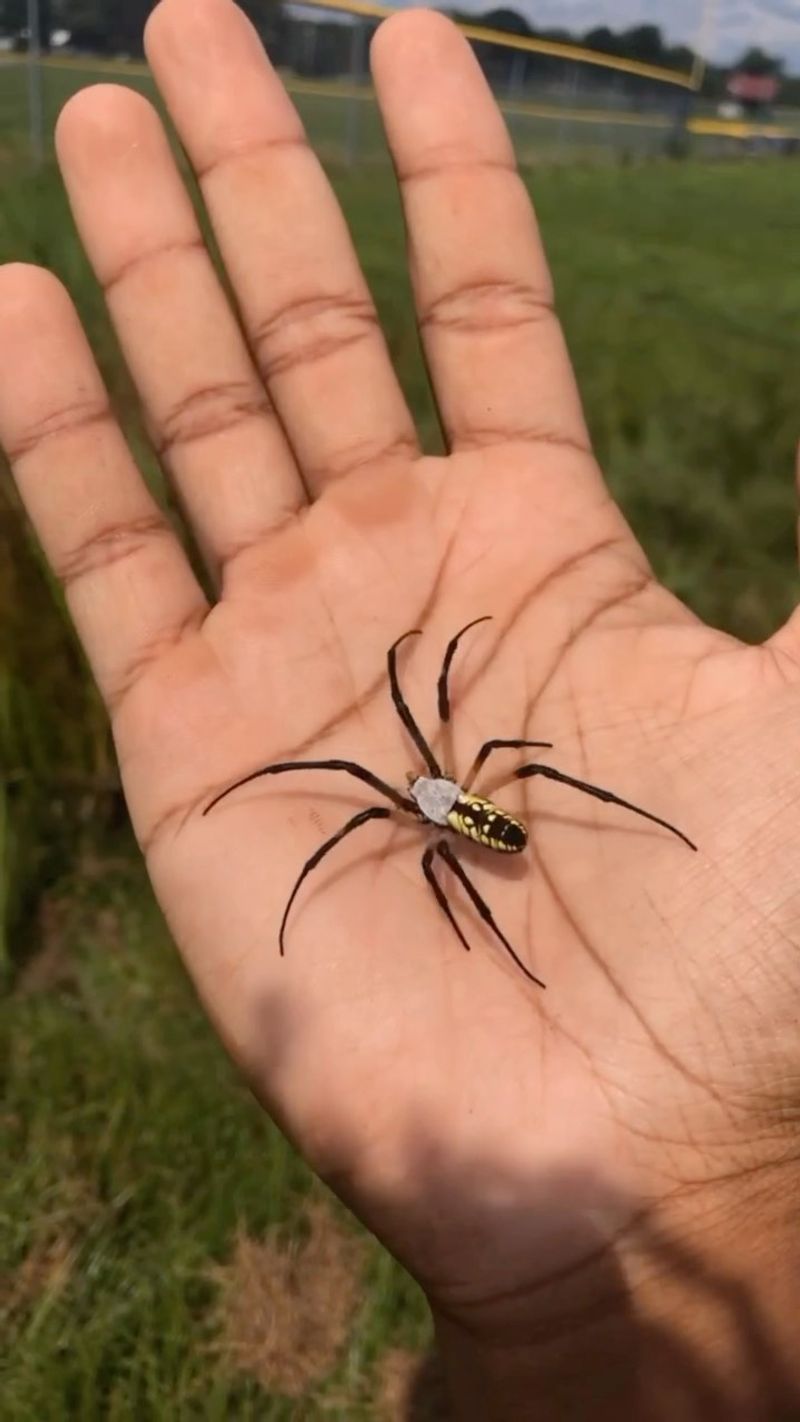
Almost all garden spiders possess venom, but here’s the truth: most species found in gardens have venom too weak to harm humans. Their fangs are typically too small to penetrate human skin effectively.
Their venom is perfectly calibrated for immobilizing insects, not hurting gardeners! These misunderstood creatures use their venom for hunting prey that would otherwise damage your precious plants. The few garden spider species that can bite humans usually cause only mild, temporary discomfort.
6. Incredible Maternal Instincts
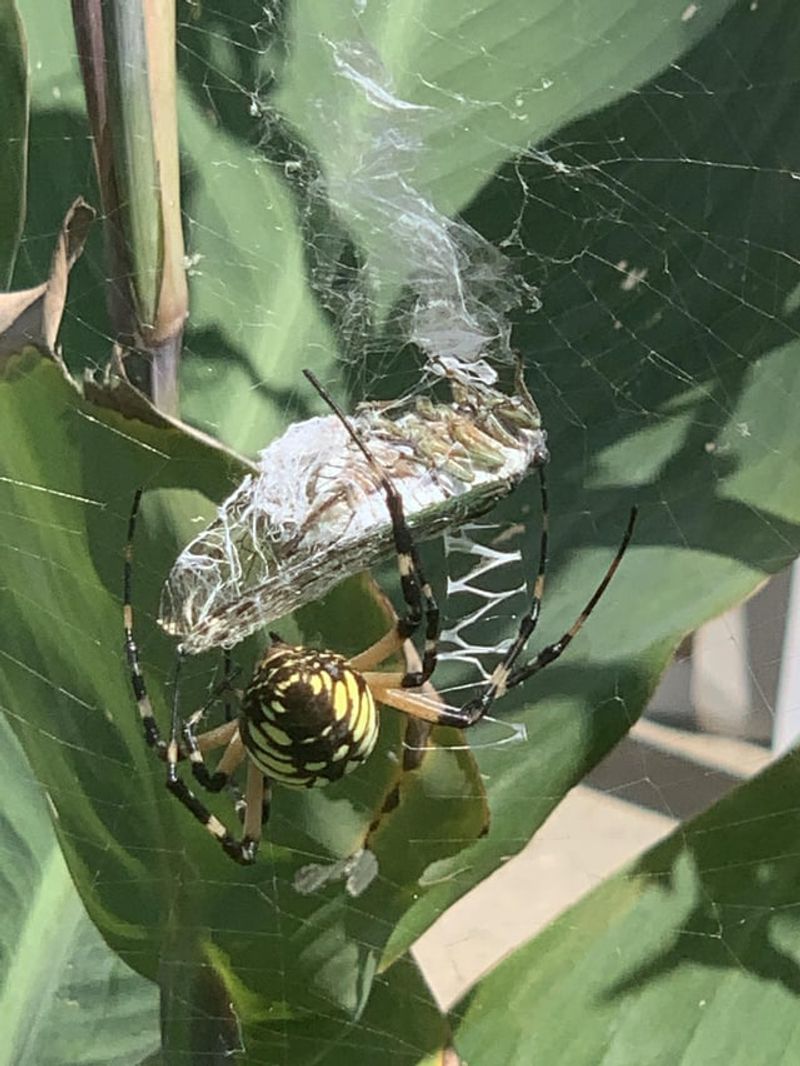
Female garden spiders display remarkable maternal dedication. Many species create protective silk egg sacs containing hundreds of eggs, which they guard vigilantly against predators until their dying day.
Some spider moms even carry their egg sacs everywhere they go, sacrificing mobility for protection. Others construct elaborate nursery webs where spiderlings can safely develop. This maternal investment ensures future generations of natural pest controllers for your garden.
7. Soil Health Improvers
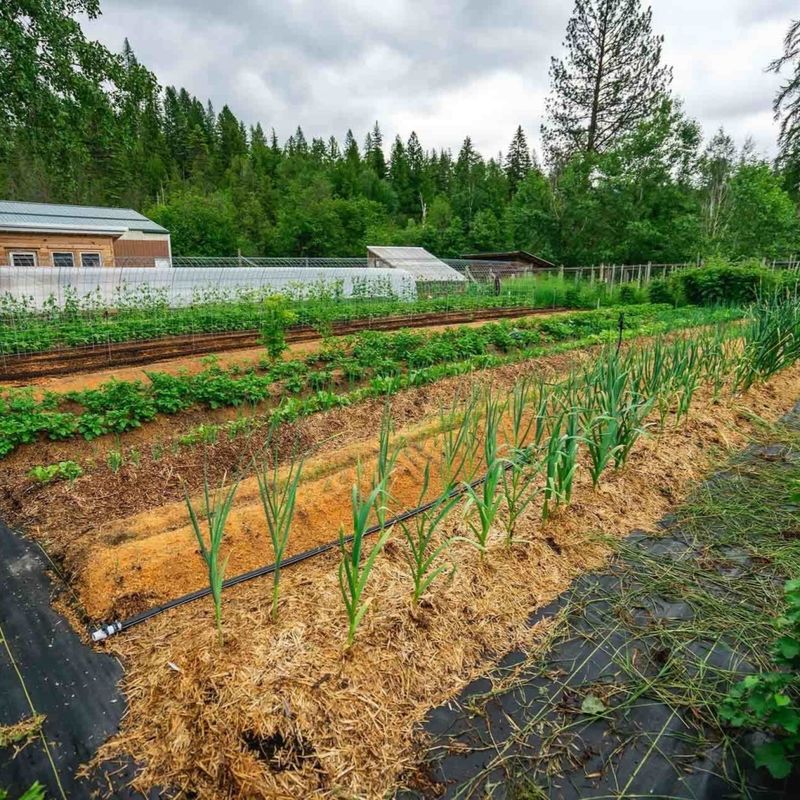
Garden spiders contribute to soil health by controlling populations of soil-dwelling pests. By keeping insects like root weevils and cutworms in check, they protect your plants’ underground parts from damage.
When spiders die, their bodies decompose and return valuable nutrients to the soil. This natural cycle supports beneficial soil microorganisms and improves overall soil fertility. Their presence indicates a healthy garden ecosystem with minimal chemical disruption.
8. Pollinator Protectors
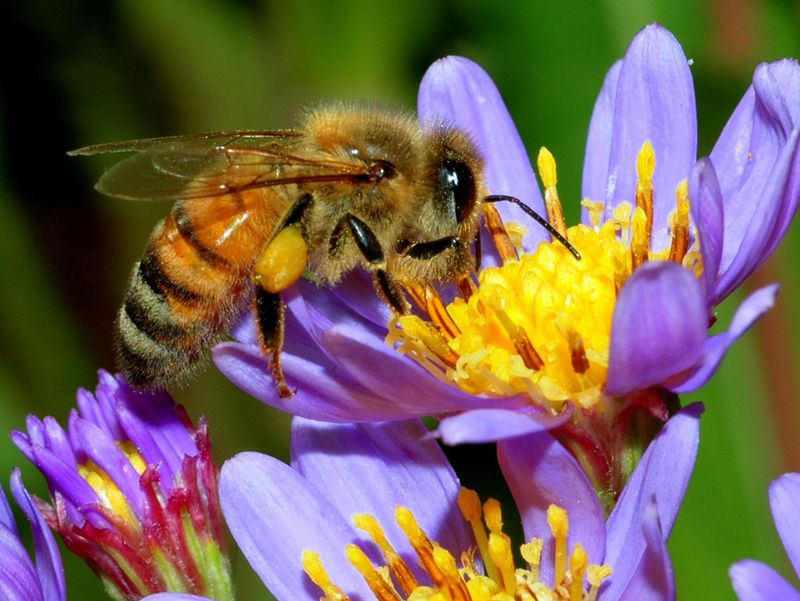
Smart garden spiders typically avoid capturing beneficial pollinators. They’ve evolved to target specific pest insects through web placement and hunting strategies that minimize impact on bees and butterflies.
By focusing on harmful insects while generally sparing pollinators, spiders maintain the delicate balance needed for plant reproduction. Many spider species are active at different times than most pollinators, creating a natural separation that benefits your flowering plants.
9. Weather Predictors
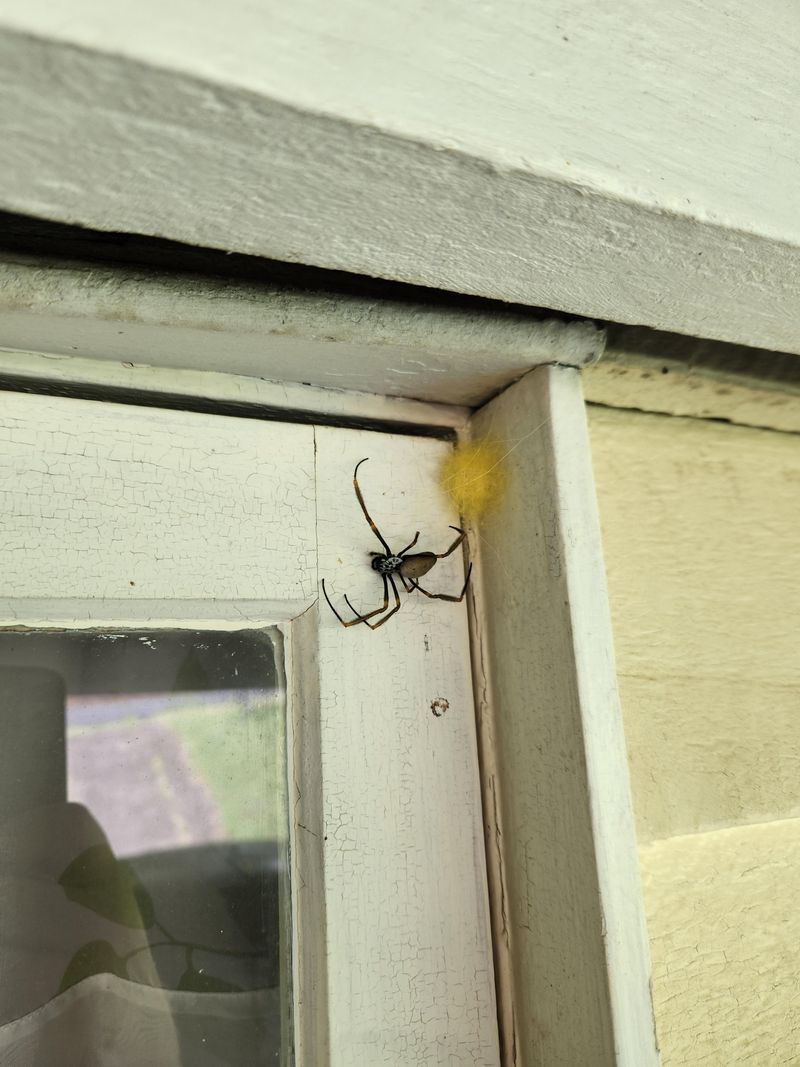
Farmers and gardeners have long observed spider behavior as weather indicators. When spiders build webs low to the ground, fair weather is likely approaching. If they’re constructing higher webs, rain may be on the horizon.
Their sensitivity to barometric pressure and humidity changes makes them natural meteorologists. Some species even take down and rebuild their webs before storms to prevent damage. This weather-predicting ability evolved to protect their valuable silk investments.
10. Diverse Garden Species
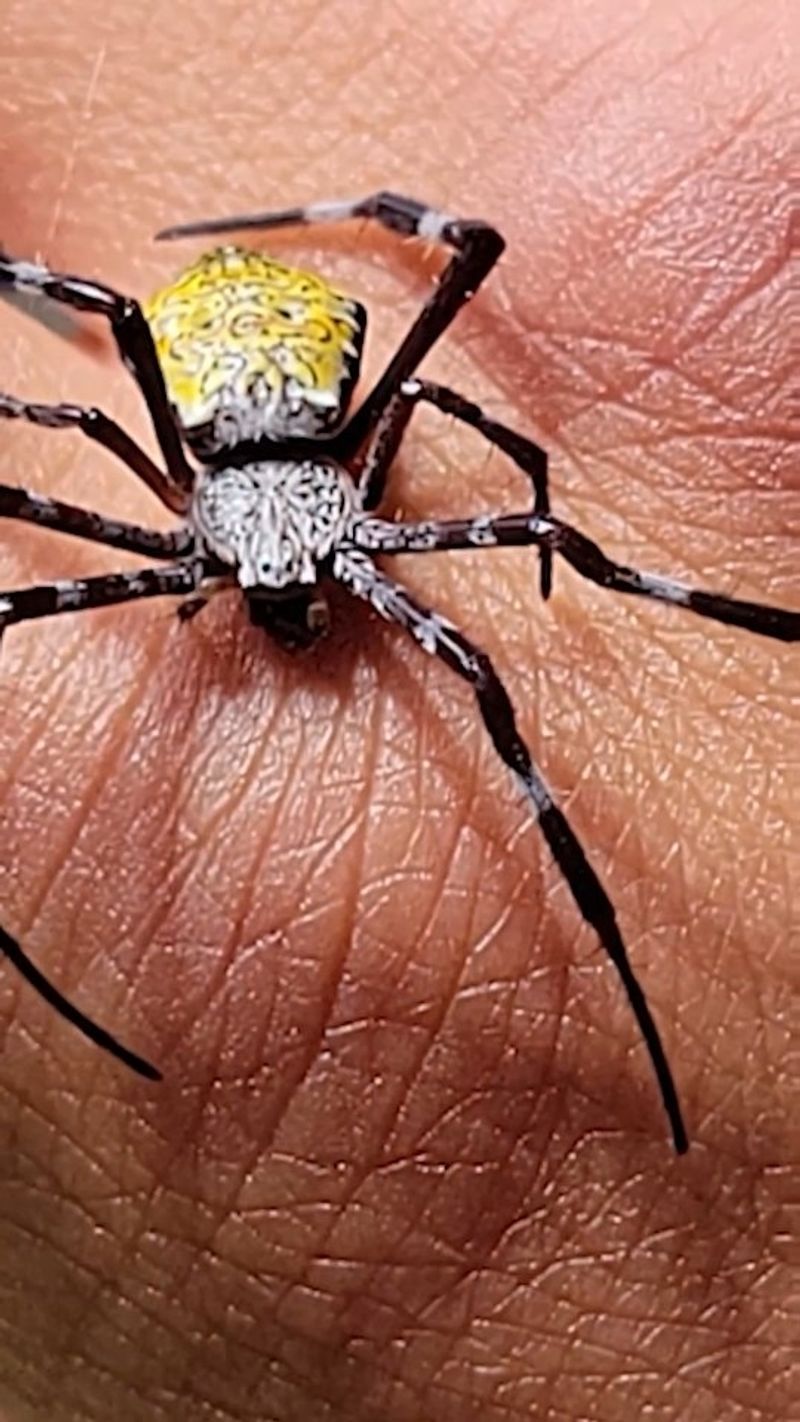
Gardens typically host an astonishing diversity of spider species. A healthy garden might contain jumping spiders, orb weavers, wolf spiders, and crab spiders – each filling a unique ecological niche.
This diversity ensures comprehensive pest control throughout your garden. Different species hunt at various times of day, in different locations, and target specific pest types. Jumping spiders patrol plant surfaces, while wolf spiders hunt ground-dwelling pests, creating a complete pest management team.
11. Incredible Jumping Abilities
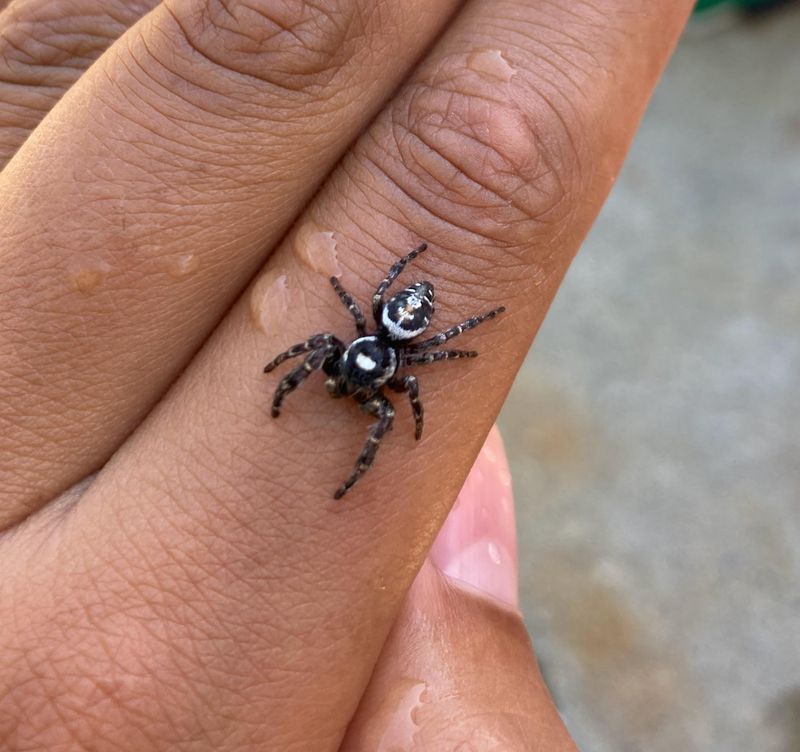
Jumping spiders, common garden residents, can leap distances up to 50 times their body length! This would be equivalent to a human jumping the length of a football field in a single bound.
Their exceptional jumping skills make them efficient hunters of pests hiding in plant foliage. Using hydraulic pressure in their legs, these spiders can precisely target and capture insects that would otherwise damage your garden plants. Their hunting strategy doesn’t rely on webs, making them versatile pest controllers.
12. Sustainable Population Control
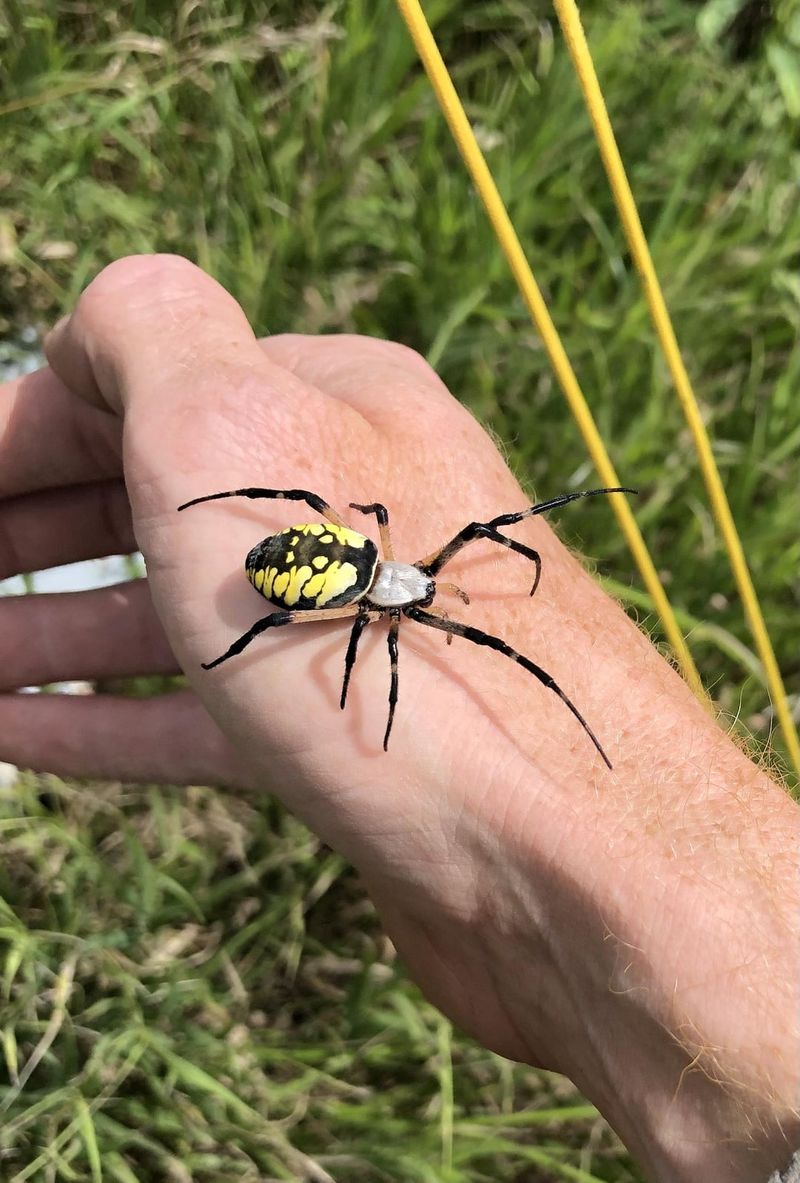
Garden spiders naturally maintain balanced populations, never reaching pest levels themselves. Their numbers are regulated by food availability, predators, and environmental conditions – a perfect example of nature’s checks and balances.
Unlike some beneficial insects that can become problematic in large numbers, spiders self-regulate. They’re territorial creatures that limit their own density. This sustainable approach to population control means you’ll never have “too many” garden spiders – just the right number needed for pest management.
13. Composting Assistants
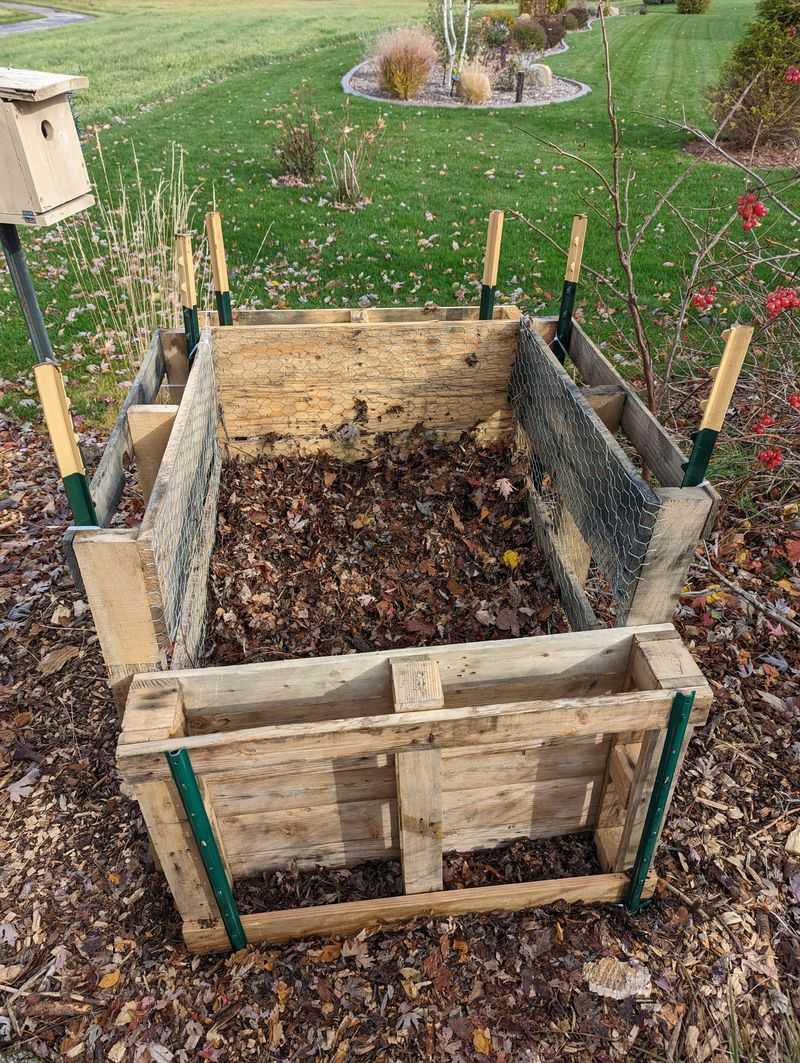
Spiders play a surprising role in the composting process by hunting insects that might otherwise overrun your compost pile. They help maintain the delicate balance of decomposing organisms necessary for effective composting.
Their presence in compost bins indicates a healthy decomposition ecosystem. By controlling populations of fruit flies and fungus gnats, garden spiders make your composting experience more pleasant and productive. This natural pest management supports your garden’s complete nutrient cycle.
14. Seasonal Garden Allies
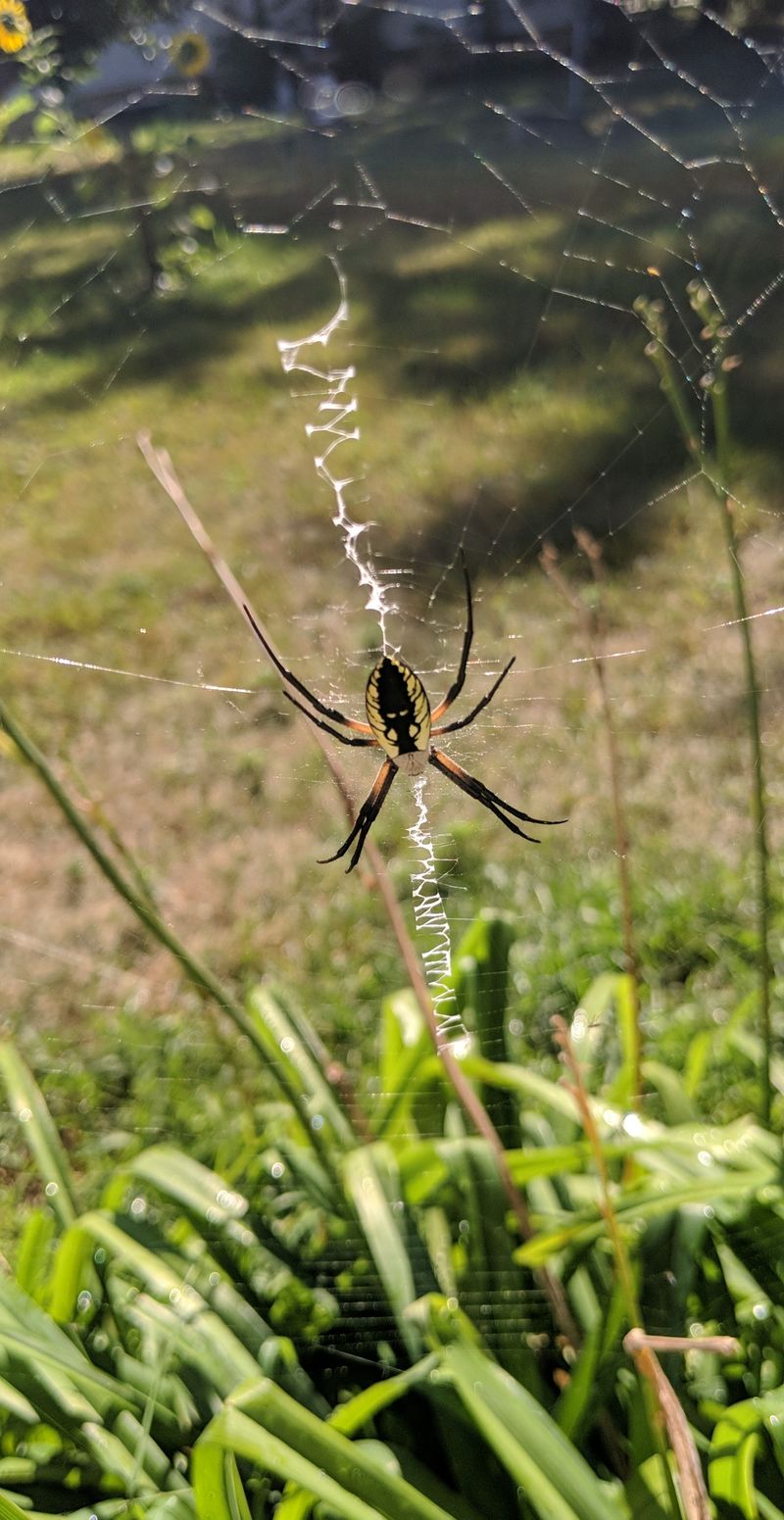
Garden spiders adjust their activities with the seasons, providing year-round pest protection. Many species produce egg sacs in fall that overwinter and hatch in spring, perfectly timed to address emerging pest populations.
This synchronization with seasonal pest cycles ensures protection when your garden needs it most. Some species are even active during mild winter days, controlling pests that remain active in cooler months. Their lifecycle adaptations make them reliable garden partners throughout the growing season.
15. Eco-Friendly Alternatives
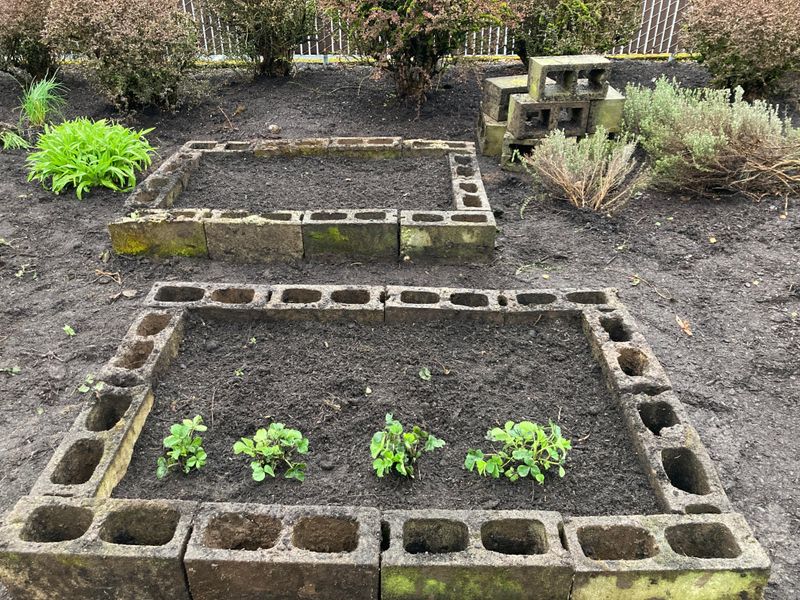
Encouraging spiders is one of the most environmentally friendly pest control methods available. Unlike chemical pesticides, spiders don’t contaminate soil, water, or beneficial insects – they simply target pests with precision.
Many gardeners now create spider-friendly habitats by leaving areas of mulch, rock piles, or native plants undisturbed. By embracing these eight-legged allies, you’re choosing sustainable gardening that protects the broader ecosystem while keeping your plants healthy and productive.

